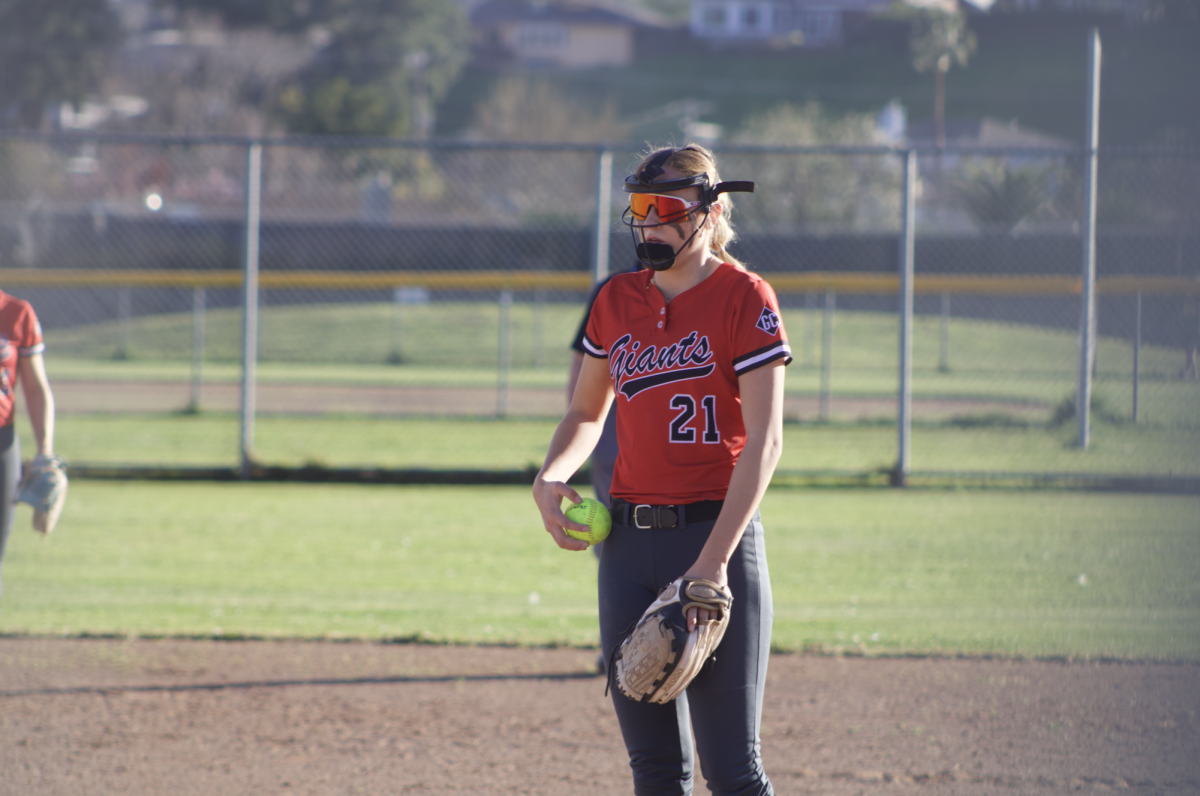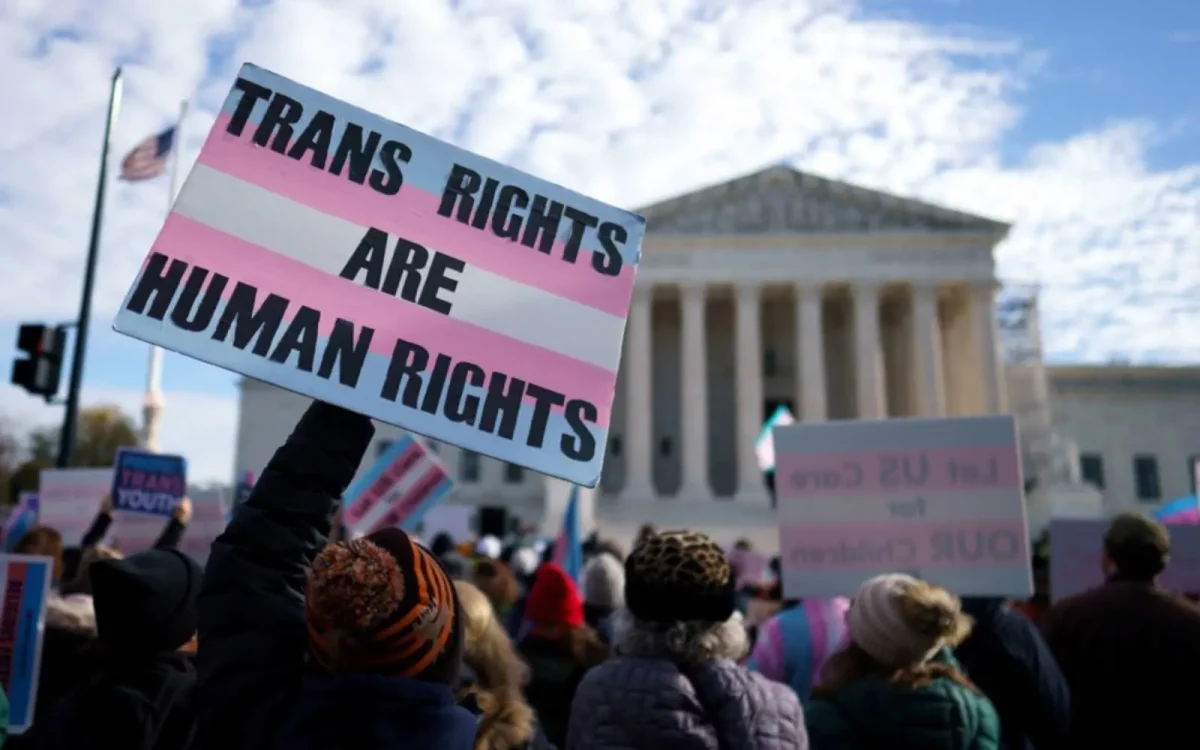In February 2022, American basketball star Brittney Griner was detained at Sheremetyevo International Airport in Khimki, Russia, after vape cartridges containing cannabis oil were allegedly found in her luggage. According to Benzinga, a media outlet that focuses on finance, Russian law states that possession of six grams or less of cannabis is punishable by a small fine or prison sentence of up to two weeks; however, despite Griner only being in possession of 0.7 grams of marijuana, she was given a nine-year sentence on Aug. 4, 2022.

Redwood Model United Nations member Braeden Conti speculates that there were ulterior motives behind her arrest.
“She was initially arrested in February, which was before the hostilities in Ukraine had started. [Her arrest] was rather suspicious [because] it seemed like the Russians were looking for an excuse to arrest her — especially because she’s a political hostage — to try to dissuade America from sending aid to Ukraine,” Conti said. “Not only did they arrest her for [a small possession] and give her [a long] sentence, but she was also held awaiting trial for eight months.”
Conti recognizes that Griner’s situation is tricky, and the negotiations to bring Griner home have been further complicated by the war with Ukraine.
“It’s a very complex situation. Earlier this month,
the White House announced that the Russians have failed to negotiate in good faith, and they’ve been trying to prevent aid from the U.S. to Ukraine. [In contrast], the Americans have been trying to push for a deal that wouldn’t infringe on aid to Ukraine, and were trying to do a prisoner exchange between [Griner] and a Russian arms dealer who’s been imprisoned in America,” Conti said.
Adding on to Griner’s complicated circumstances, she was recently transferred to the notoriously brutal IK-2 facility. According to KTLA, she faces “slavery-like” conditions with possible “beating and torture,” and is being subjected to 16-hour work days where she does not have access to medical care.
“Recently, after meeting in the U.S. Embassy in Moscow, she was sent to a penal colony. She didn’t deserve this and the Russians are definitely being excessive with her punishment. I definitely think an investigation of her conditions could reveal serious human rights violations,” Conti said.
Conti compares Griner’s situation to that of a male and reasons that she is not getting enough media coverage, despite her dire situation.
“The press and outrage would be a lot bigger if she had been a [male] National Basketball Association (NBA) player,” Conti said.

This lack of attention and inequitable treatment of women in sports is prevalent at Redwood as well, although to a much lesser extent. Girls’ varsity basketball player Reese Bennett feels the girls are not given an opportunity to prove themselves.
“It’s an overall issue in society. I don’t think anyone has ever given us a chance by watching our games. They don’t know how good or how bad we are. Many more people go to the guys’ games compared to the girls’ games. It’s just assumed that guys are better and, therefore, it’s a more interesting game to watch,” Bennett said.
Senior and WNBA fan Sienna Garsten has seen a similar upsetting discrepancy between the NBA and the WNBA.
“In general, the WNBA doesn’t get the amount of viewership and support that it needs. The wage gap [between the NBA and WNBA] is something that a lot of women’s sports are fighting right now,” Garsten said.
According to Statista, the average NBA annual salary is $9.37 million, while the average WNBA annual salary is $102,750.
Garsten suspects that, in addition to being a woman, her sexuality plays a role in the government not trying hard enough to release Griner.
“[If the] U.S. government really did want her to come back, [they would’ve gotten her out by now]. She has a wife and she’s a black woman. She’s unconventional,” Garsten said. “Her gender, sexuality and race plays a huge role [in her extended detainment]. Especially with this kind of a case, if it was LeBron James [arrested in Russia], he would have been released immediately.”







